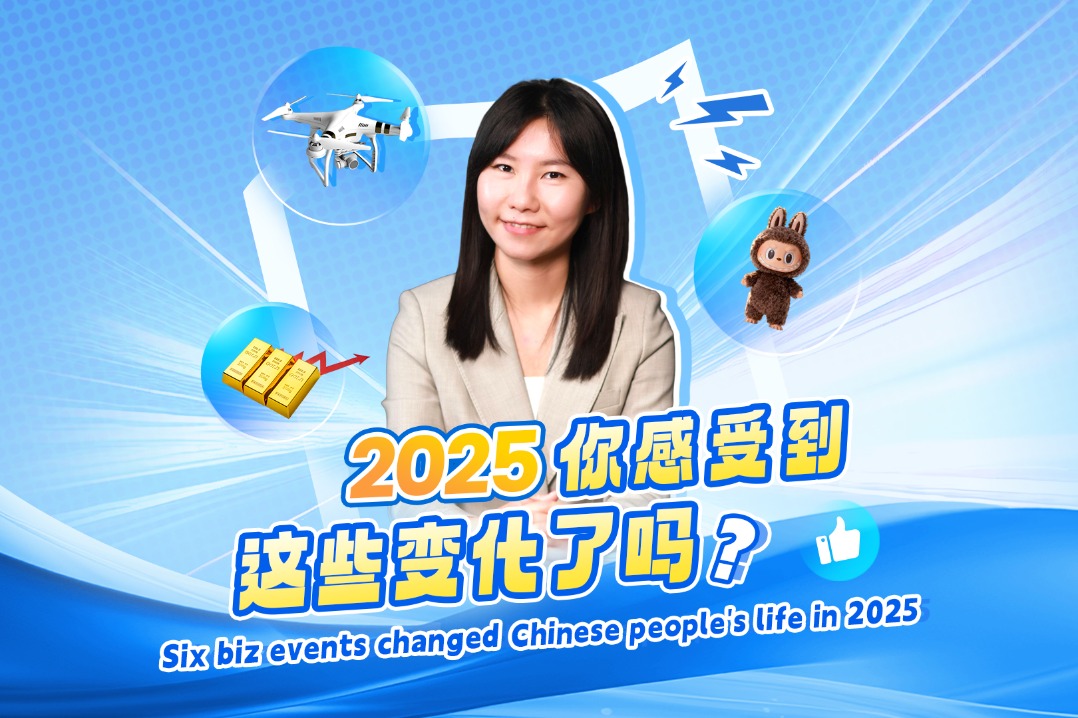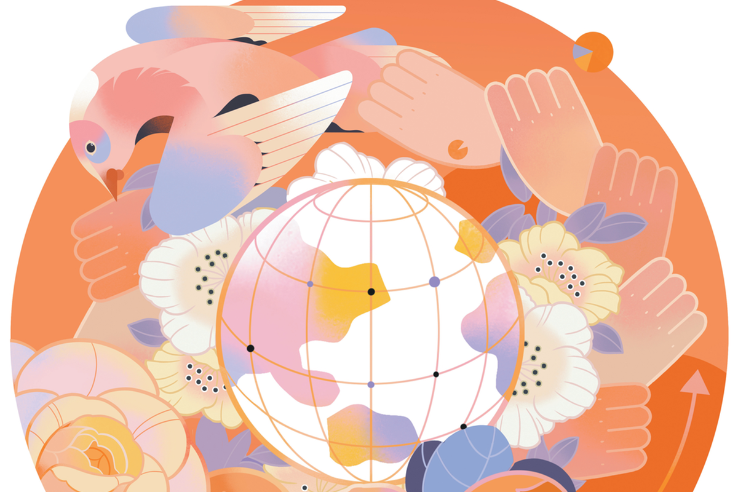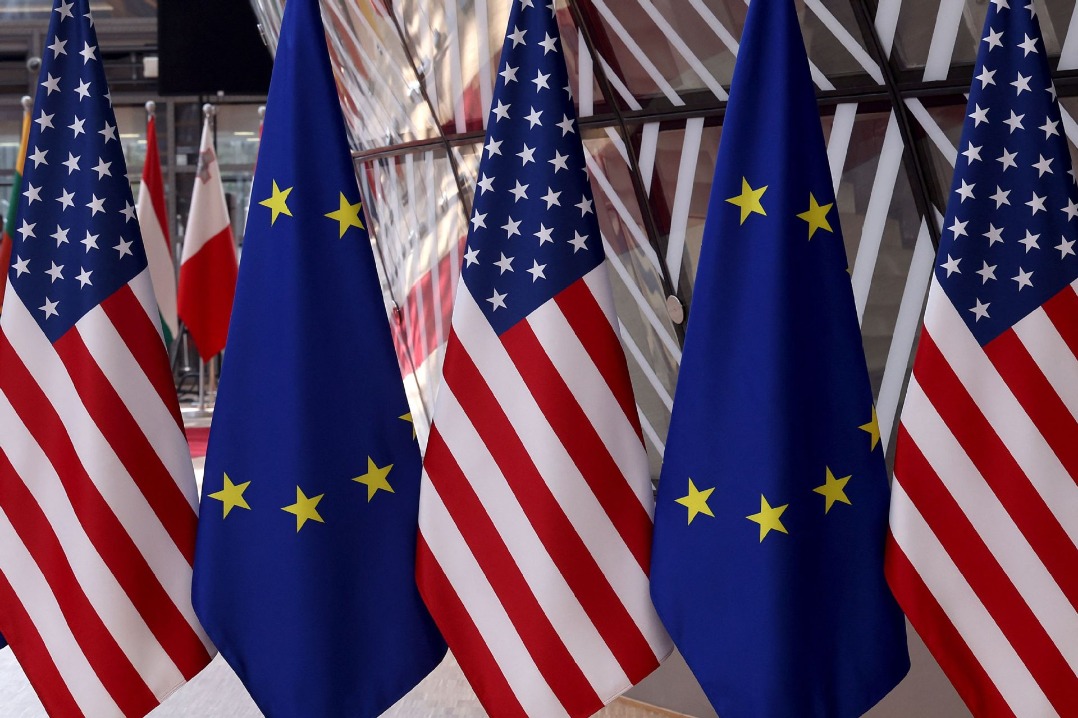Era after COVID-19 to witness real change

SINGAPORE-COVID-19 will create a fundamental shift in the way people live and do business and they will need to learn to be flexible and adapt to changes quickly, said speakers at a recent online forum by the Institute of Policy Studies here.
Titled Bouncing Back from COVID-19, the forum explored what the public, business and community leaders can do to ensure that short-term responses for survival also prepare society for longer term resilience and growth.
The panel was led by Gillian Koh, deputy director of research and senior research fellow of Institute of Policy Studies.
Some business models and industries have already seen "radical changes", said panelist Loh Lik Peng, founder of Unlisted Collection, a group of restaurants and hotels.
For instance, the restaurant industry, traditionally viewed as manpower-intensive, has leaned on technology to survive, such as high-end restaurants which now tap online platforms to enable delivery, said Loh.
There will be more changes, such as segregated kitchens and hotels adopting "zero-touch" technologies like locks with a tracking system that uses intelligent bar codes, and automated check-ins with QR codes.
"The old way of operating is going to disappear, at least for the next year," he said.
The future design of cities will also evolve in different ways, said fellow panelist and architect-planner Cheong Koon Hean. There will be more decentralization and self-sufficient regions at more "local levels", and satellite towns designed to be self-contained, with workplaces, amenities and parks closer to homes, minimizing public transport travel and thinning out the density in the city and commercial hubs.
Offices are likely to incorporate more sensors and spaced out work stations, while more co-working and shared conference facilities are to spring up to ensure remote working. Communal living spaces, such as dormitories, nursing homes and student hostels, are to be redesigned to allow for greater segregation.
Parcel delivery by drone, self-driving vehicles, real-time seat management of buses and trains to minimize crowding were also some of the futuristic ideas, she listed out.
Beyond innovative urban design solutions, good leadership, interagency collaboration as well as "social buy-in of safe distancing measures" by citizens are needed, said Cheong.
In this evolving situation, businesses need to be agile and rethink the old way of doing things, said Neo Boon Siong, former dean of the Nanyang Business School at Nanyang Technological University.
Panelist David Chan, director of the Behavioural Sciences Institute at the Singapore Management University, said that in future, citizens have to be prepared to live alongside the virus and an uncertain world.
This means not just adapting to changes, but to "learn to do the same thing in more than one way", such as workers being prepared to switch between working from home and the office, or offices being converted into mixed-use developments, he said.
Vernon Lee, associate professor at the Saw Swee Hock School of Public Health at the National University of Singapore, and director of communicable diseases at the Ministry of Health, noted that people will have to adjust their lifestyles and adopt safe management techniques, as "we have to adapt to the virus and change, because the virus is not going to change for us".
Xinhua






























